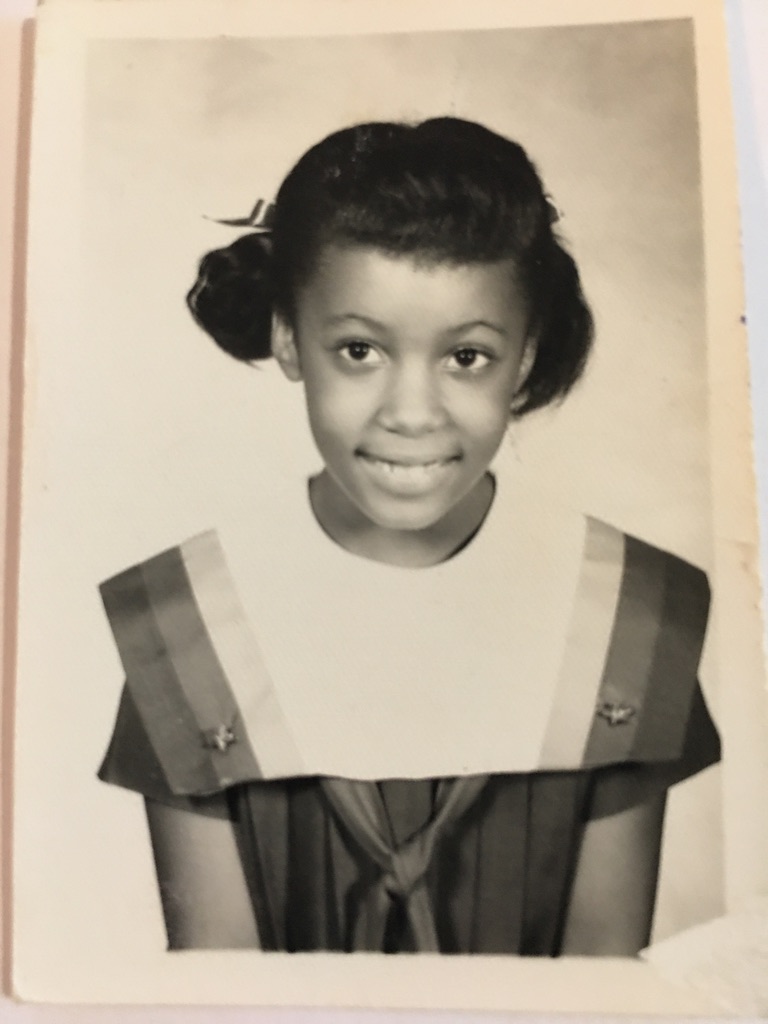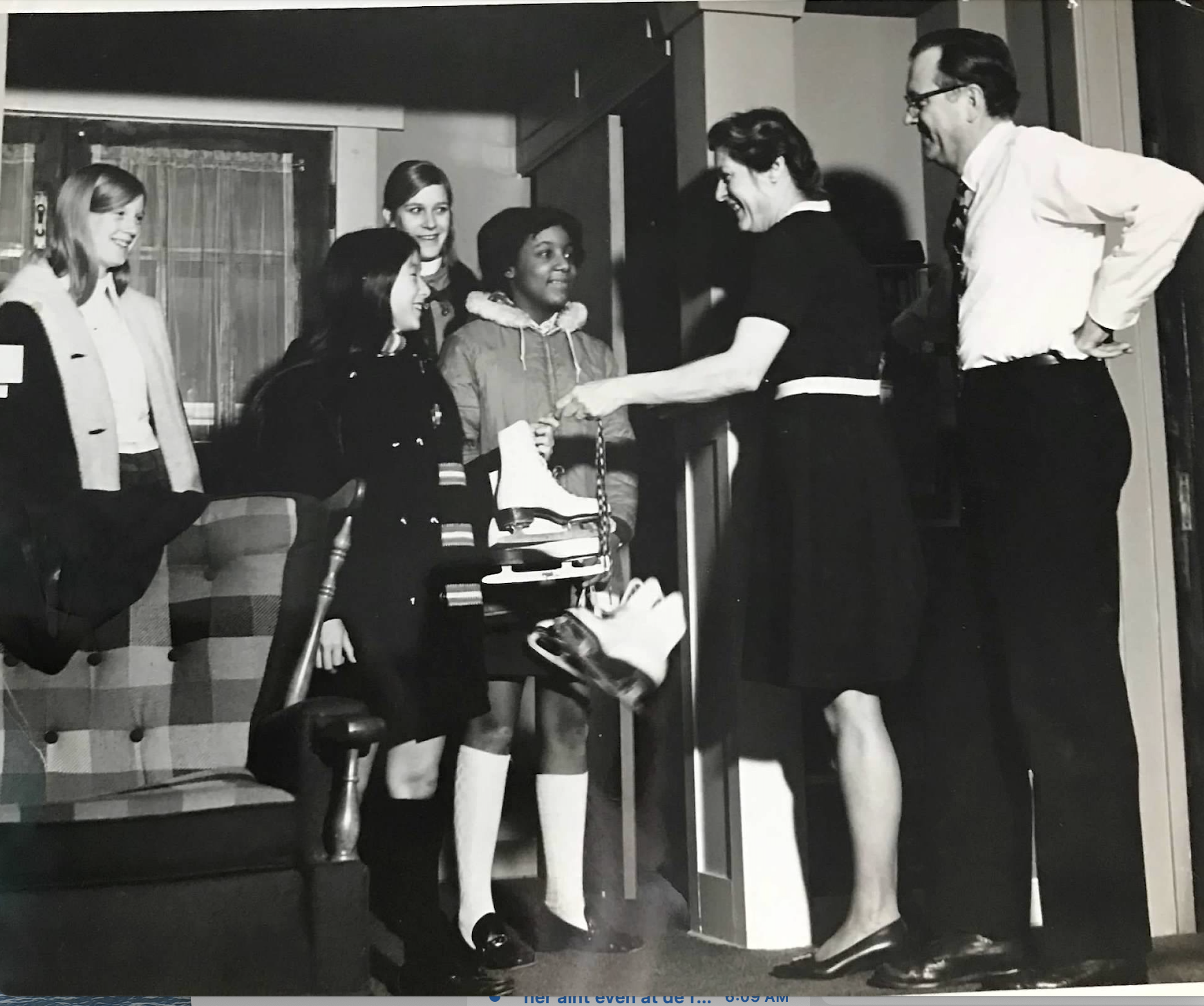Most people familiar with Lincoln’s life, know that he left his home in Springfield, Illinois, to become President. To never return.
Springfield is proud to claim Lincoln’s heritage, his home, the Old Statehouse, and his final resting place at Oak Ridge Cemetery.
But there is another side to Springfield’s story; one that frankly I was not aware of when I graduated from Springfield High in 1962.
Here is how the historian Heather Cox Richardson describes this dark moment in her February 12, 2023, blog which helped spur the founding of the NAACP:
“On February 12, 1809, Abraham Lincoln was born in Kentucky. Exactly 100 years later, journalists, reformers, and scholars meeting in New York City deliberately chose the anniversary of his birth as the starting point for the National Association for the Advancement of Colored People (NAACP). . .
“The spark for the organization of the NAACP was a race riot in Springfield, Illinois, on August 14 and 15, 1908. The violence broke out after the sheriff transferred two Black prisoners, one accused of murder and another of rape, to a different town out of concern for their safety.
“Furious that they had been prevented from vengeance against the accused, a mob of white townspeople looted businesses and burned homes in Springfield’s Black neighborhood. They lynched two Black men and ran most of the Black population out of town. At least eight people died, more than 70 were injured, and at least $3 million of damage in today’s money was done before 3,700 state militia troops quelled the riot.
“When he and his wife visited Springfield days later, journalist William English Walling found white citizens outraged that their Black neighbors had forgotten ‘their place.’ Walling claimed he had heard a dozen times: ‘Why, [they] came to think they were as good as we are!’ ”
A fuller historical account can be found here.
Springfield in the 1960’s
In 1965 a minister from Springfield answered the NAACP’s call to join Martin Luther King’s March from Selma, AL to Montgomery after the bloody Sunday attack on marchers the prior week.
His oldest daughter recalls: I remember mom was scared for dad to go to Selma. Dad said he could feel the hate coming from some of the houses along the route.
By 1967, the minister’s family had grown to eight children, two by adoption. In Springfield, there were few public swimming pools, so neighborhoods banded together to form private swim clubs. The Surf Club, where the family had gone previous summers, asked that they not return because their newest adopted daughter named Darlene was black.
After talks and prospects of legal action, the family was allowed back on “a trial basis.” Here are excerpts from two letters he wrote to supporters after the club lifted their prohibition.
July 28, 1967 letter:
“We got to swim for the first-time last Tuesday. The kids were so excited about getting to swim with their friends again. Hardly anybody noticed that we were there—which is the way we said it would be. About 85 members had signed a petition gotten up on their own requesting the management let the whole family swim. I’m sure that helped in the negotiations.
“We feel that the manager is unhappy that his attorney urged him to give in- a ‘trial basis. This morning I had a half hour conversation with one of the members who wanted to know what we were trying to do. She found it hard to rebut when we said, ‘for our family to swim there just like yours’—but she kept trying.”
To another supporter on August 3, 1967, he wrote: “The good news, the happy news, the soul-satisfying news, the family all began swimming at the first club two weeks ago. No one paid much attention which is the way we said it would be. The kids were delighted to get to be swimming with all their friends. Darlene thinks it is ‘real nice’ and doesn’t’ seem to quite understand all that had been going on. . .
“We now have some understanding how our Negro brethren feel when they are denied their full rights. It was quite encouraging to us to have so many people concerned about the outcome. . .”
Even in Springfield
The founders of the NAACP issued a call for support in a 1909 letter which included these words:
“Added to this, the spread of lawless attacks upon the negro, North, South and West—even in the Springfield made famous by Lincoln. . .could not but shock the author of the sentiment that ‘government of the people, by the people, for the people shall not perish from the earth.’”
Springfield continues like the rest of America to learn how the past still carries over mistakes, injustice and attitudes into the present.
Sometimes change happens in small ways, just one person, one lifted ban in a summer of growing national turmoil. But these seemingly small, discrete good acts can often inspire future generations.
The family later that year. “They didn’t say anything when our Chinese daughter came to the pool.”
This example lives on because Darlene is my sister. The minister was my dad.
Post script: These are comments from Darlene and my brother after this blog was published.
Darlene: It’s so nice to read the quotes from the Surf Club communications. I actually understood what was happening. I heard or overheard conversations regarding it. Whispering wasn’t a strong suit of the household back then.
I remember Mom being a member of the Urban League Guild and going to a potluck with her realizing I wasn’t the only black person but noticed she was the only white person. I thought it was neat for her to be a part of a black group!
Roy-younger brother:
I recall that we had to sue or threaten to sue, to get back into the Surf Club – the public pool was too far away on the north side of Springfield for us to ride our bikes there safely. Mom was active in the NAACP but do not know if she was a member.
Dad was one of the pastors who answered Dr. King’s call for pastors, priests, and Rabbis to join the march on Selma. We were glued in front of the TV watching news reports at the bridge because Mom was very scared for his safety.
When he got back Dad said that stuff was thrown at them but that the march leaders kept the marchers singing hymns and other songs. Dad said it was sheer genius. You could not sing and get so angry or too scared all at the same time, which prevented marchers from being tempted to retaliate.
In the late 1930’s when Dad was a student at the U of IL Champaign-Urbana, he was involved in civil rights protests with organizations that refused to serve black U of I students.
When the local Catholic Church (Rensselaer, IN) brought over a family from Holland after a dike broke, Dad wanted to do something similar but his church would not do anything.
Charen encouraged us to adopt 2 boys from Hong Kong, but boys were not abandoned unless disabled in some way. So instead we adopted an abandoned girl who arrived speaking with a British accent and a British vocabulary. She had lived for a few months with a British family as foster parents so she could learn English, but British English.
When Gay was adopted, she was front page news in the Rensselaer Republican newspaper which all four of us delivered. For the last day of school – which was just two hours to get report cards, I took Gay to meet the kids. She went to other classrooms with other younger Filson siblings also.



I thought that might be your family before I got to the end. Many sad stories about racism. I learned a lot from my black first sergeant in Korea. WWII vet.
Thanks so much for sharing your experience. I am a lector at a small Catholic church in Pena Blanca, NM and last year Fr. Anthony came to be our parish priest. He is from Nigeria and speaks five languages! He has only been ordained for a couple of years and was first assigned to a church in Albuquerque. On Thanksgiving at the end of mass he gave thanks for our parish and how welcome he feels. He shared that in Albuquerque some parishioners refused to take communion from him because of the color of his skin and some refused to attend mass all together. This was in 2021!
Pena Blanca’s population is 684, and 75% are Hispanic, only 18% are white. I am the minority in this church, like Fr. Anthony but never feel like it. We are a family.